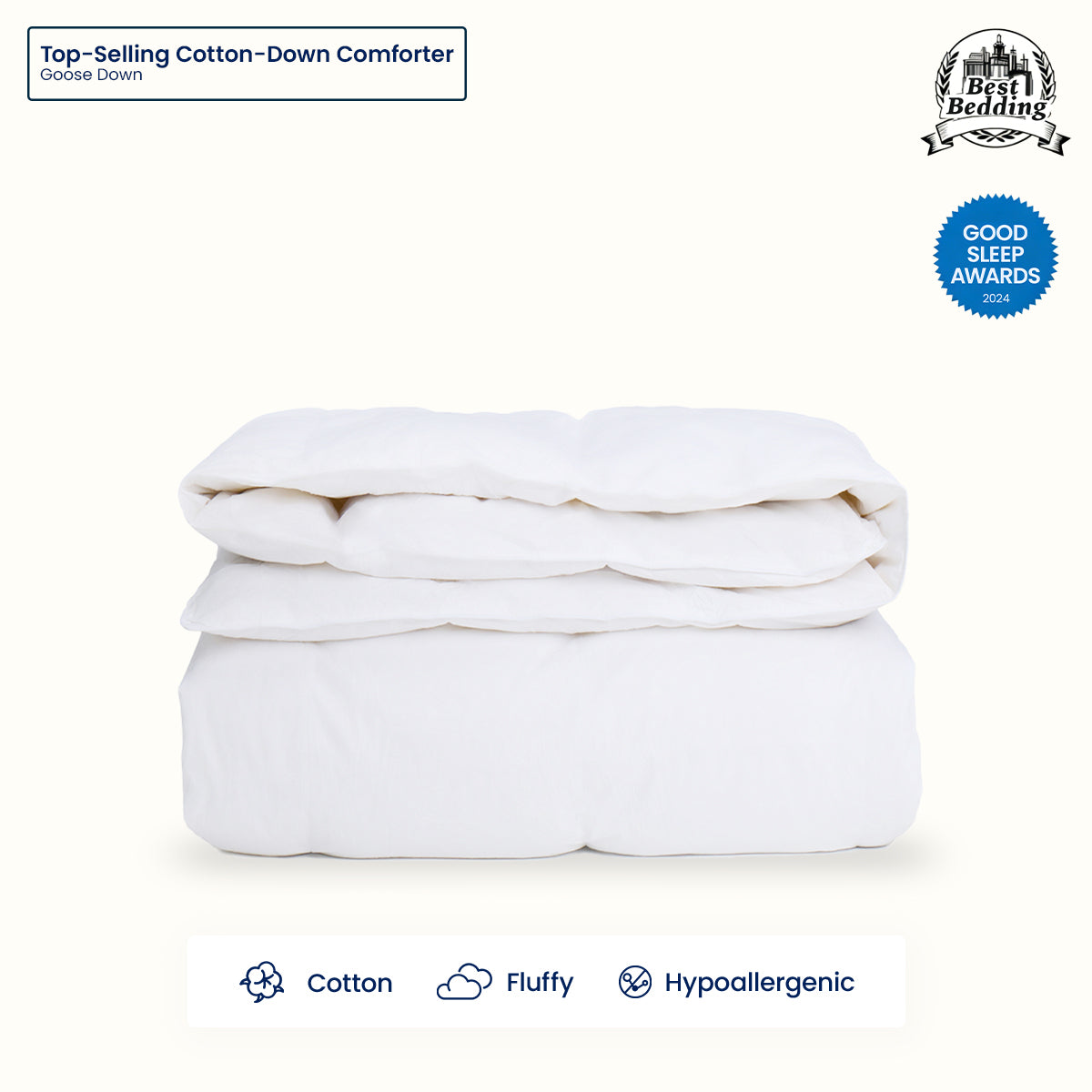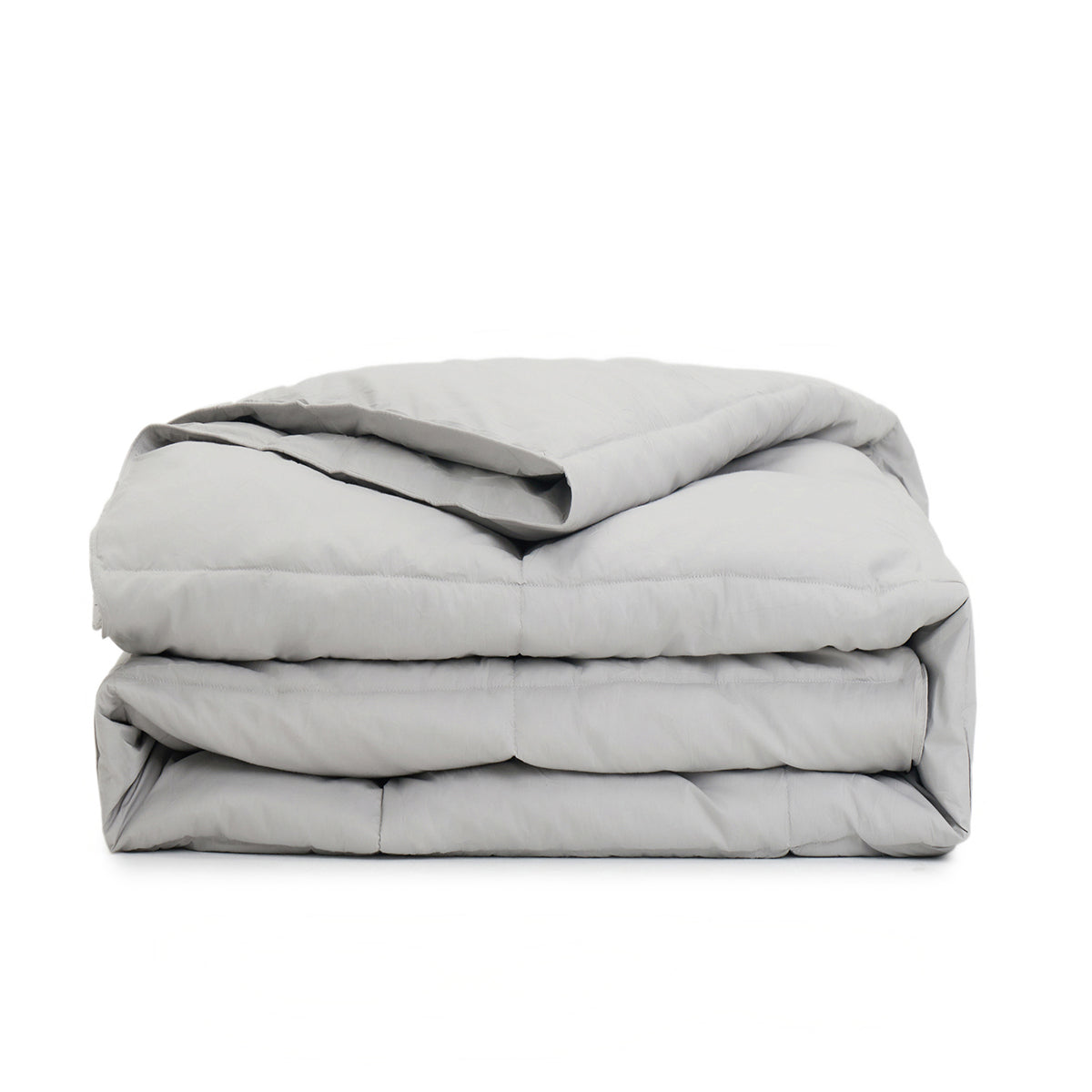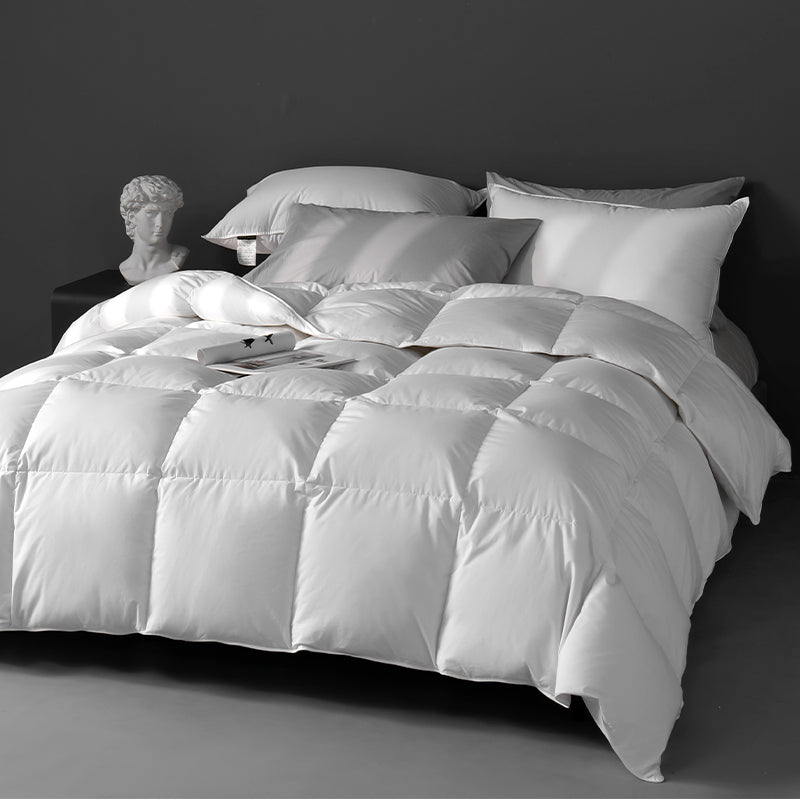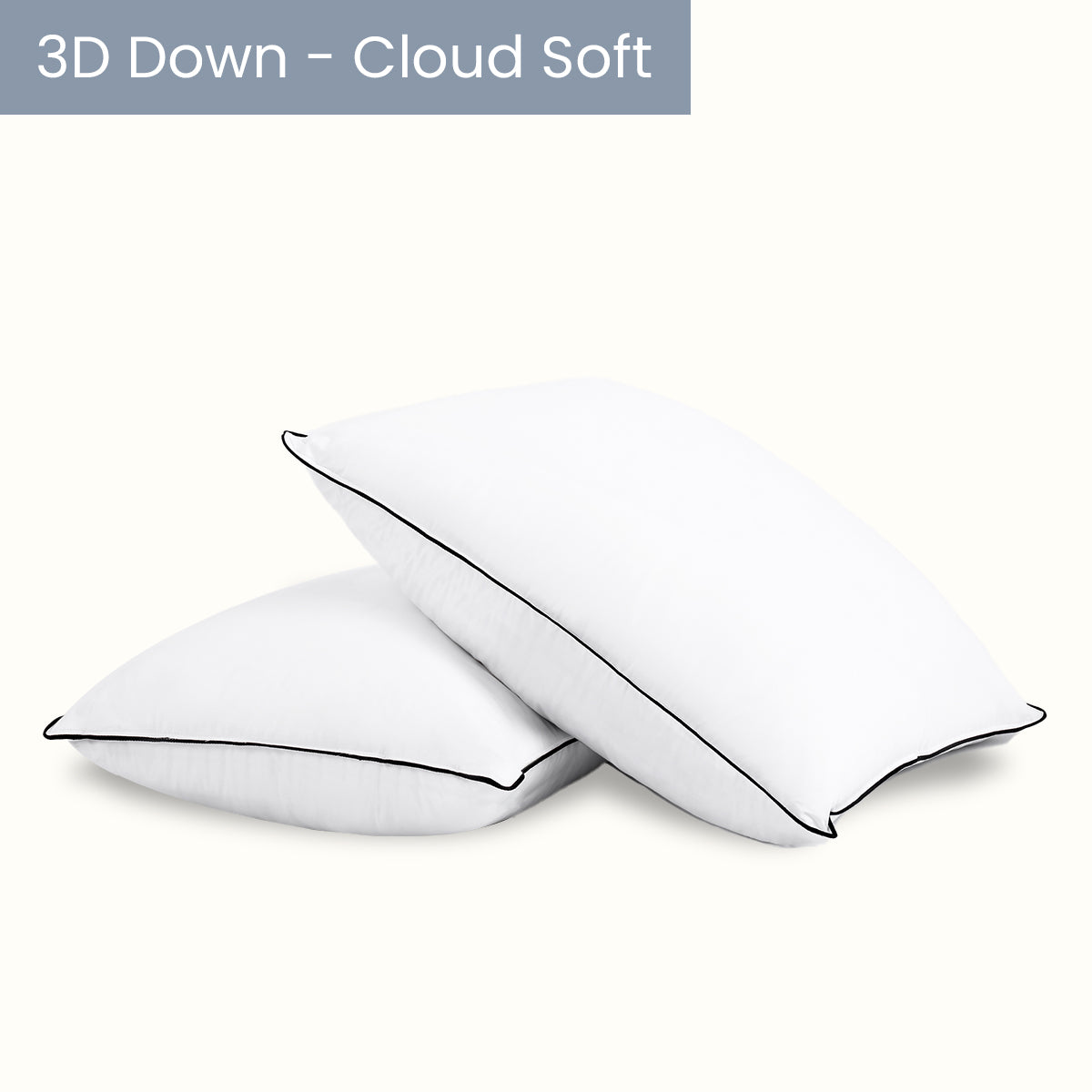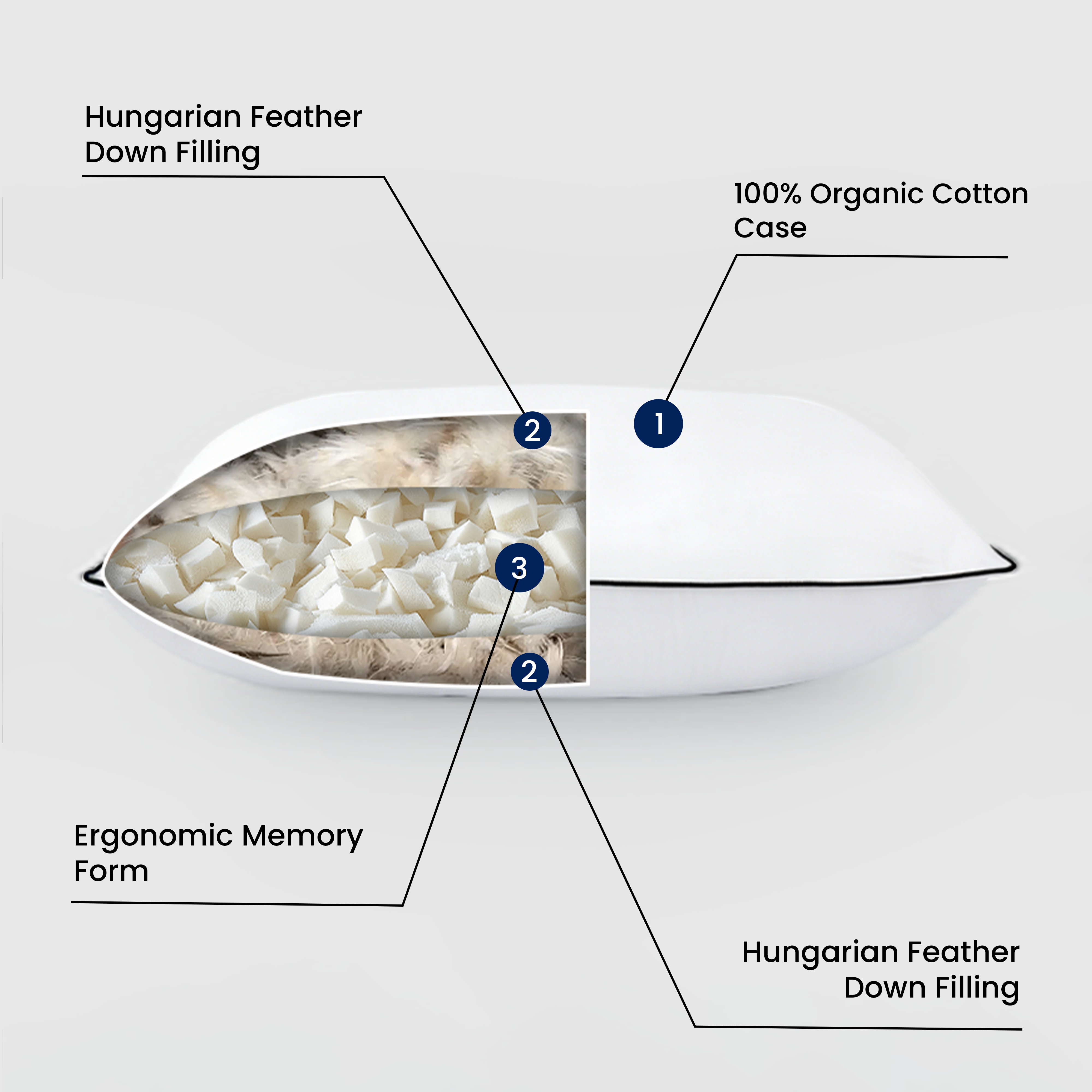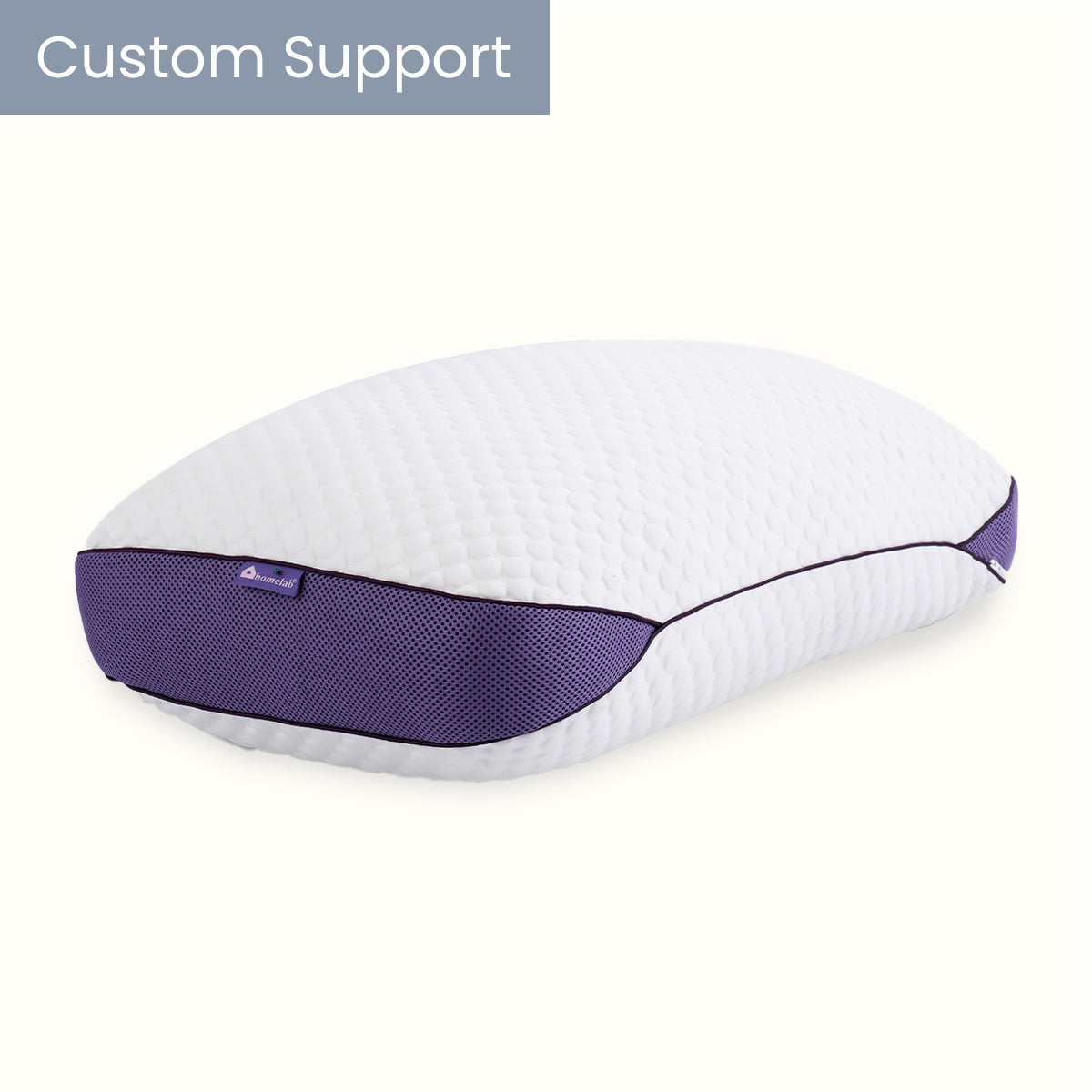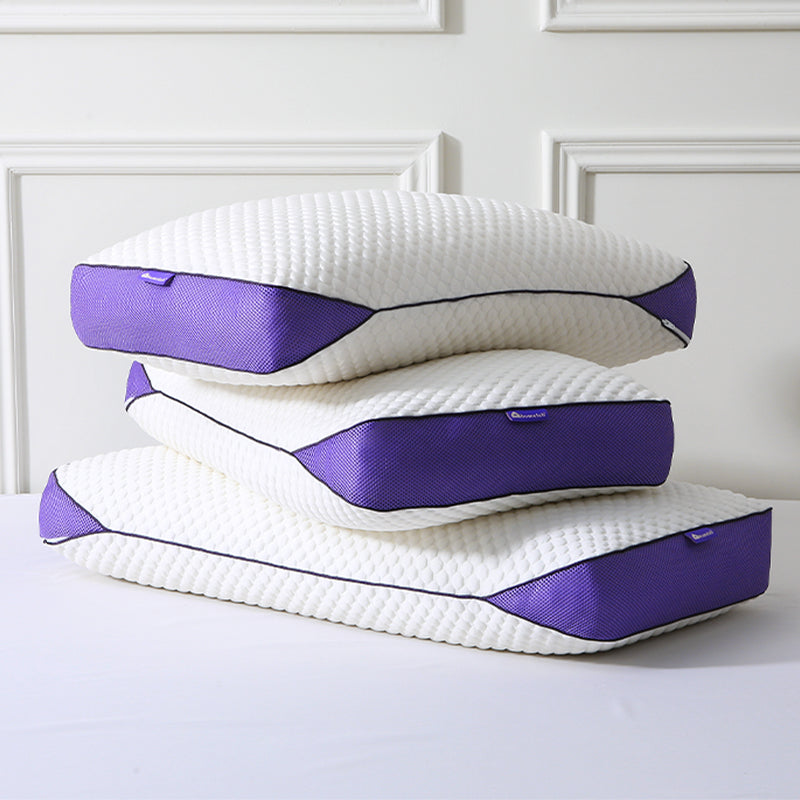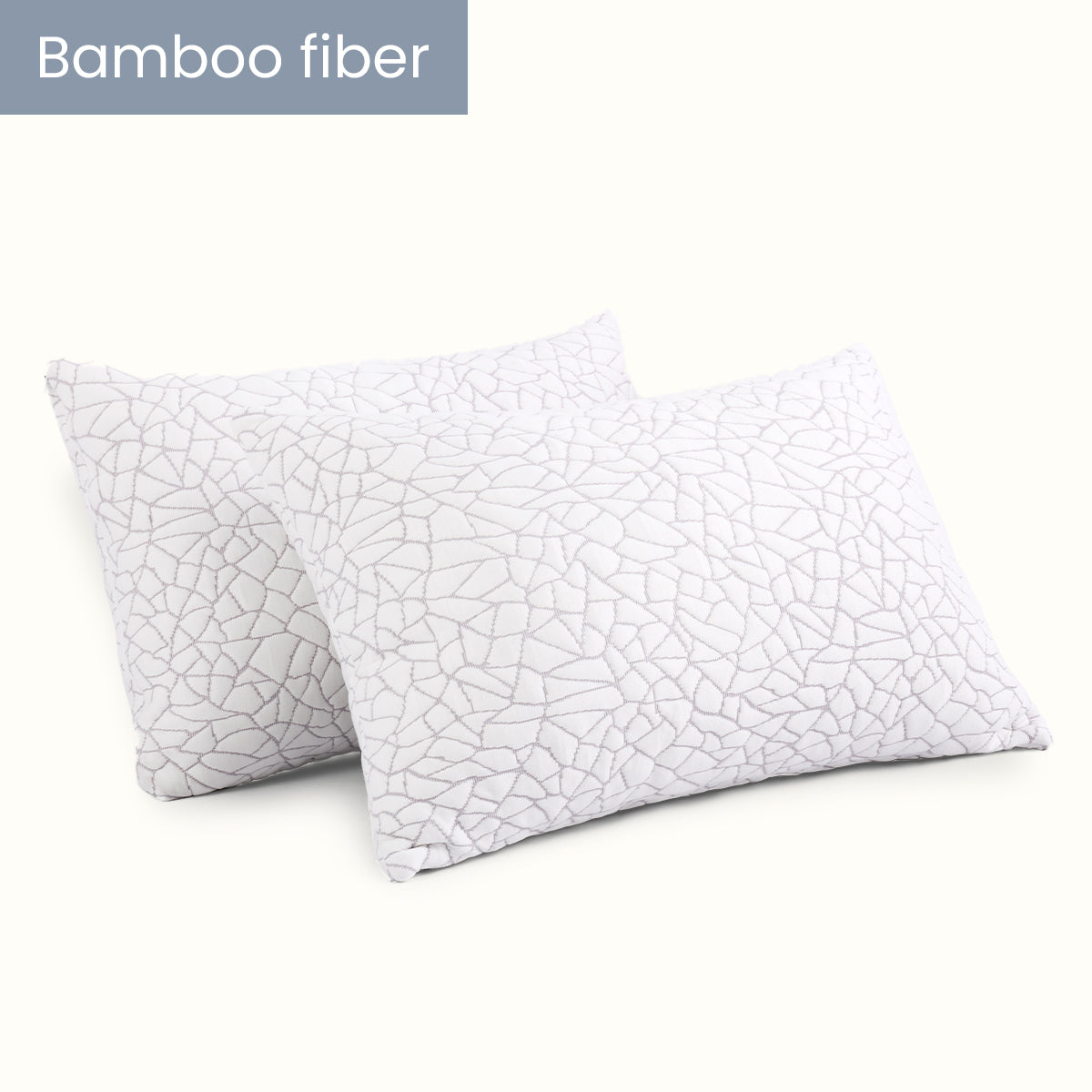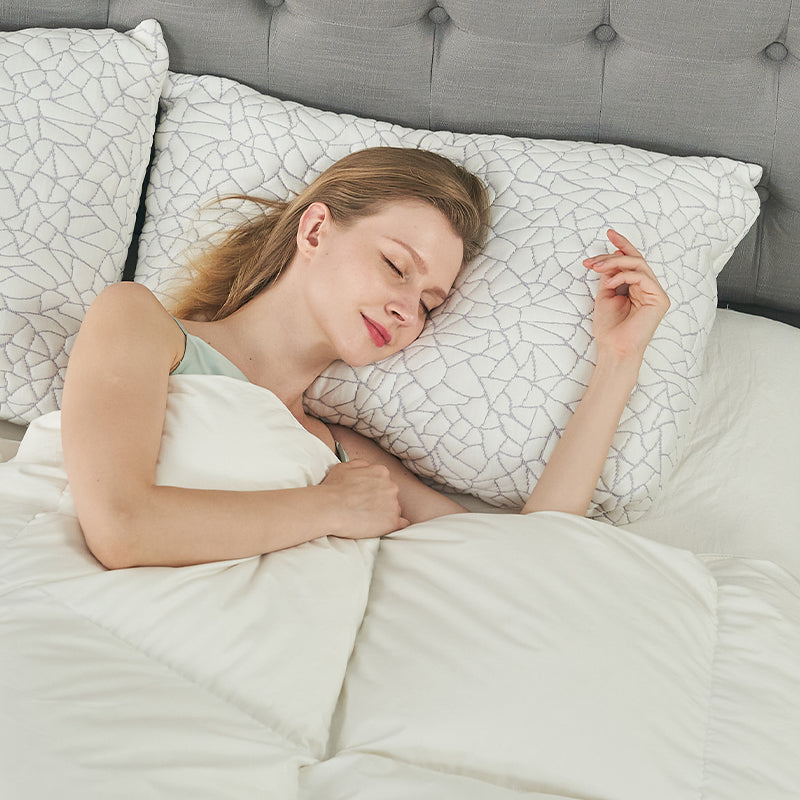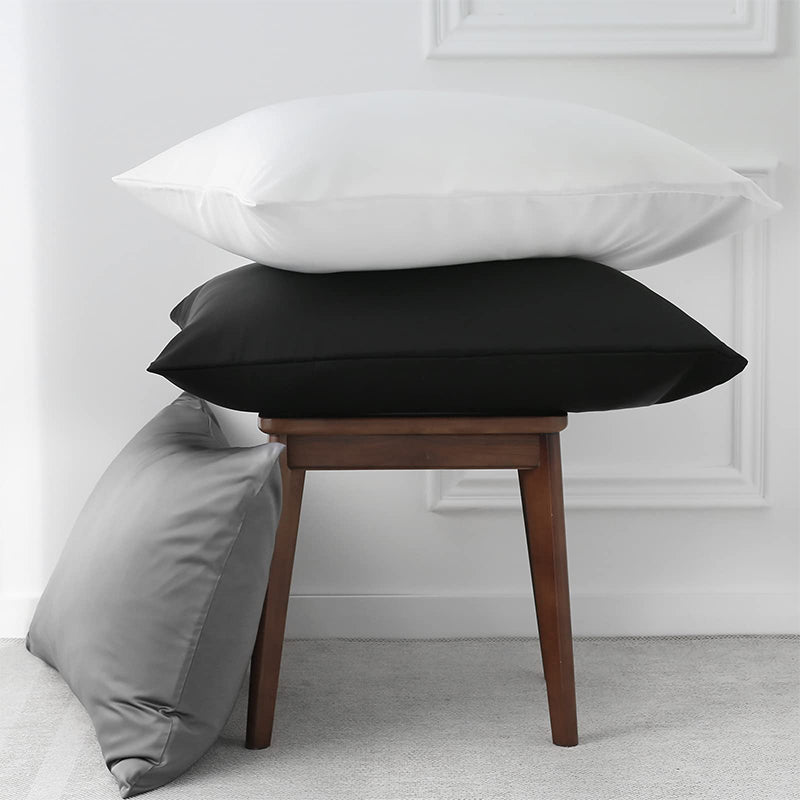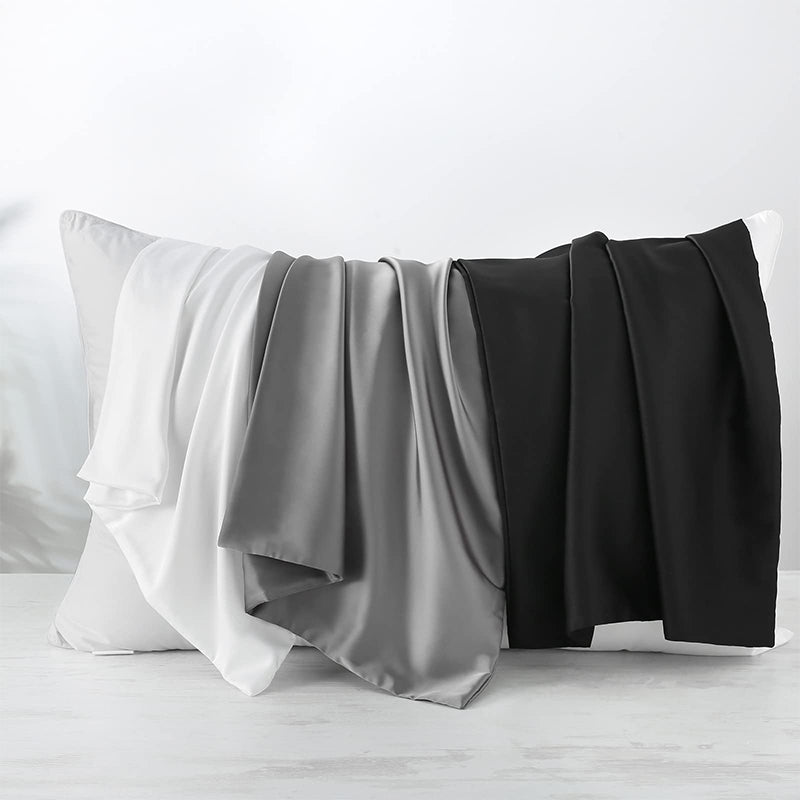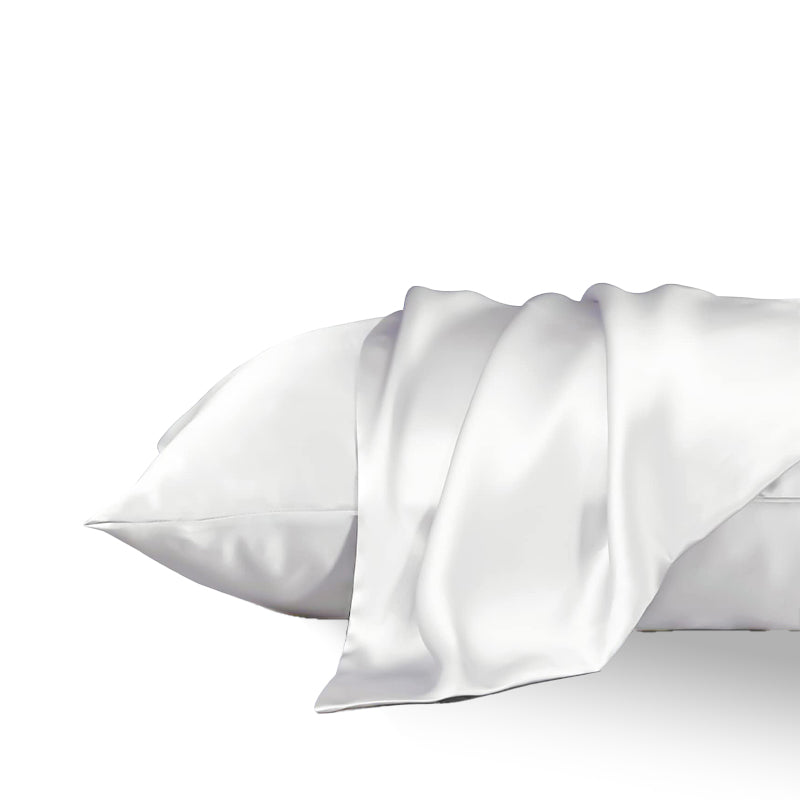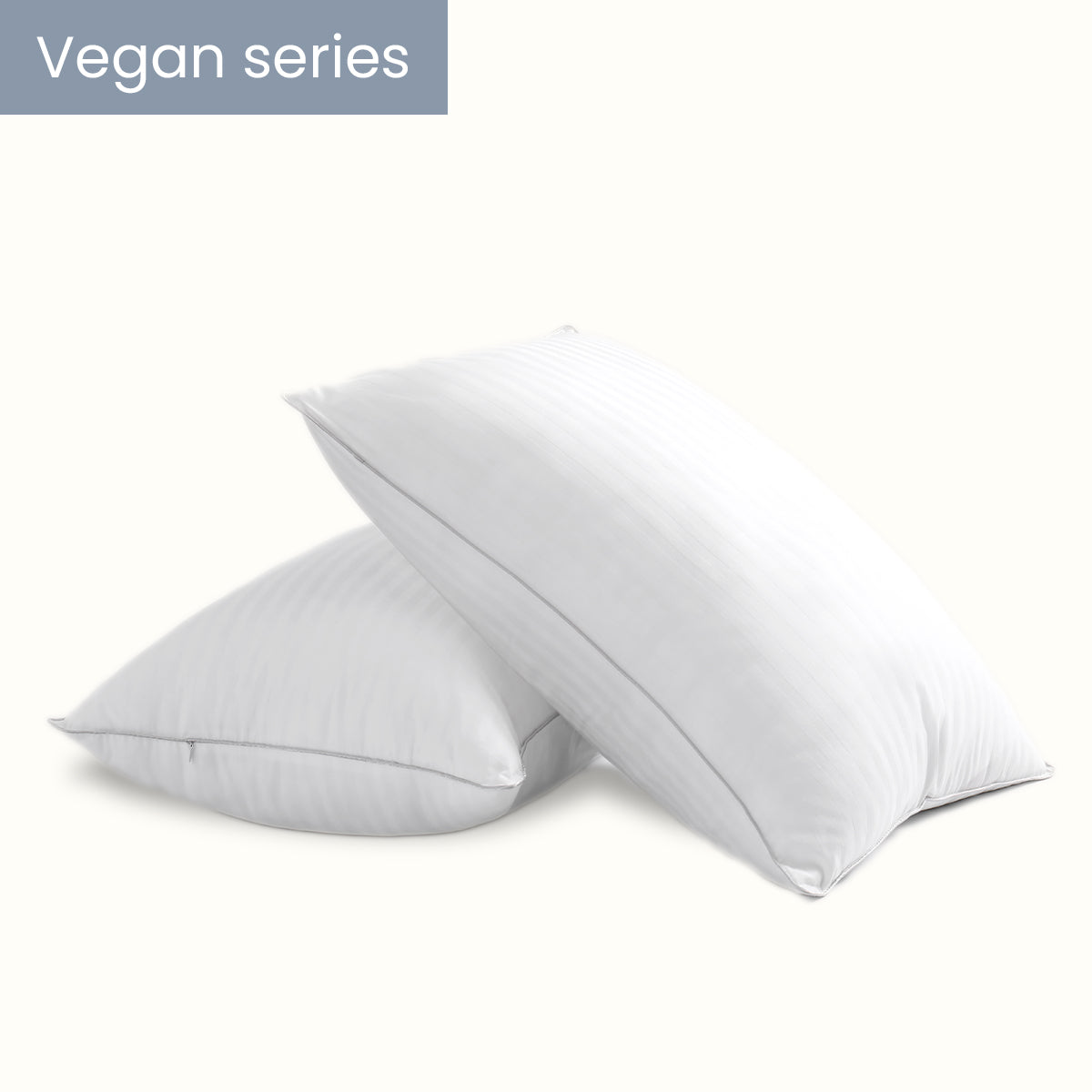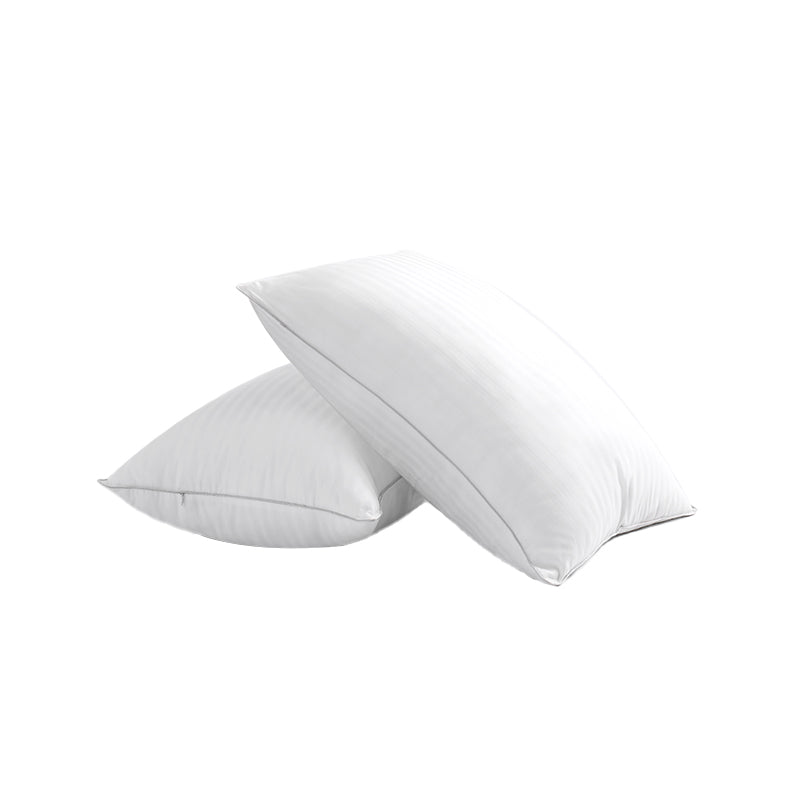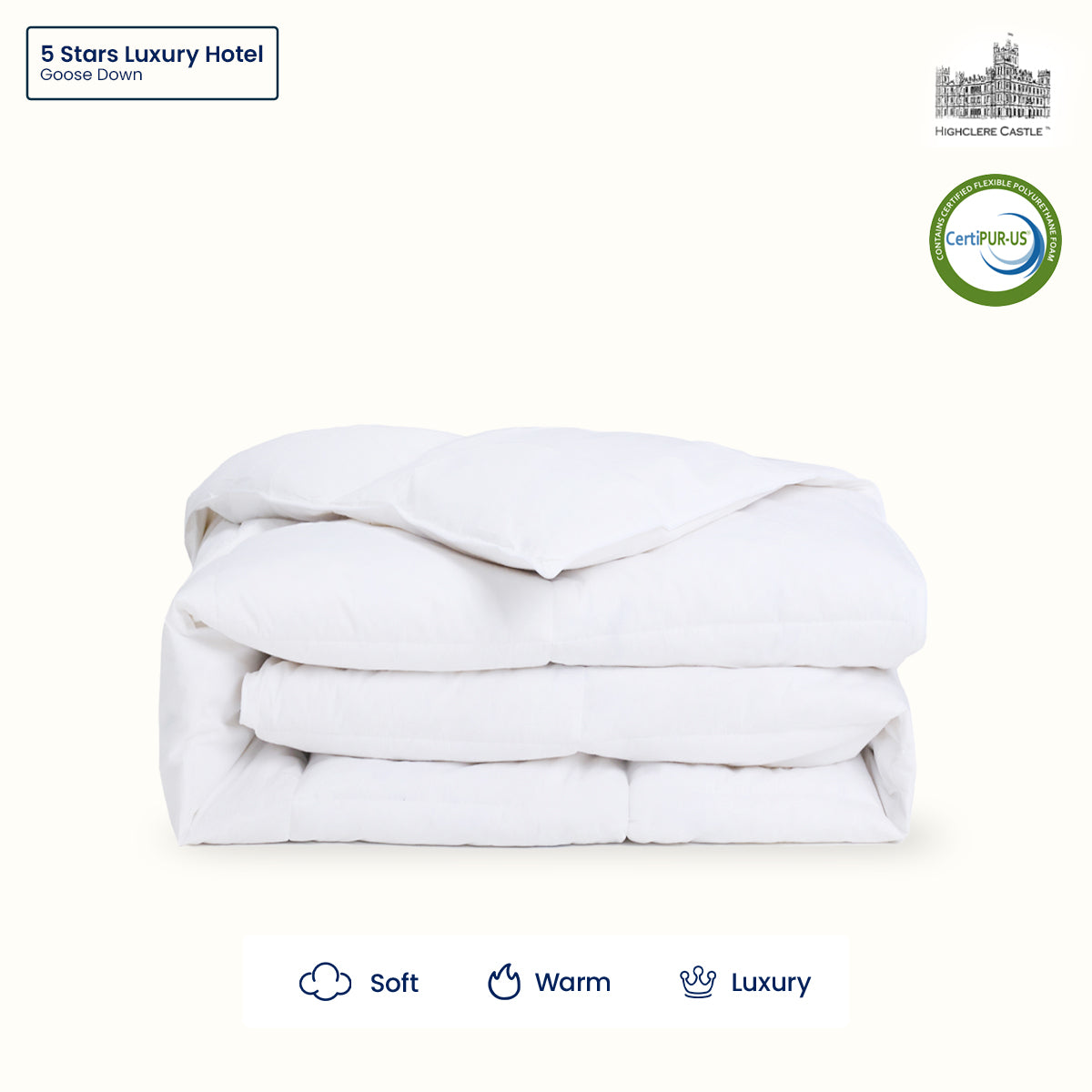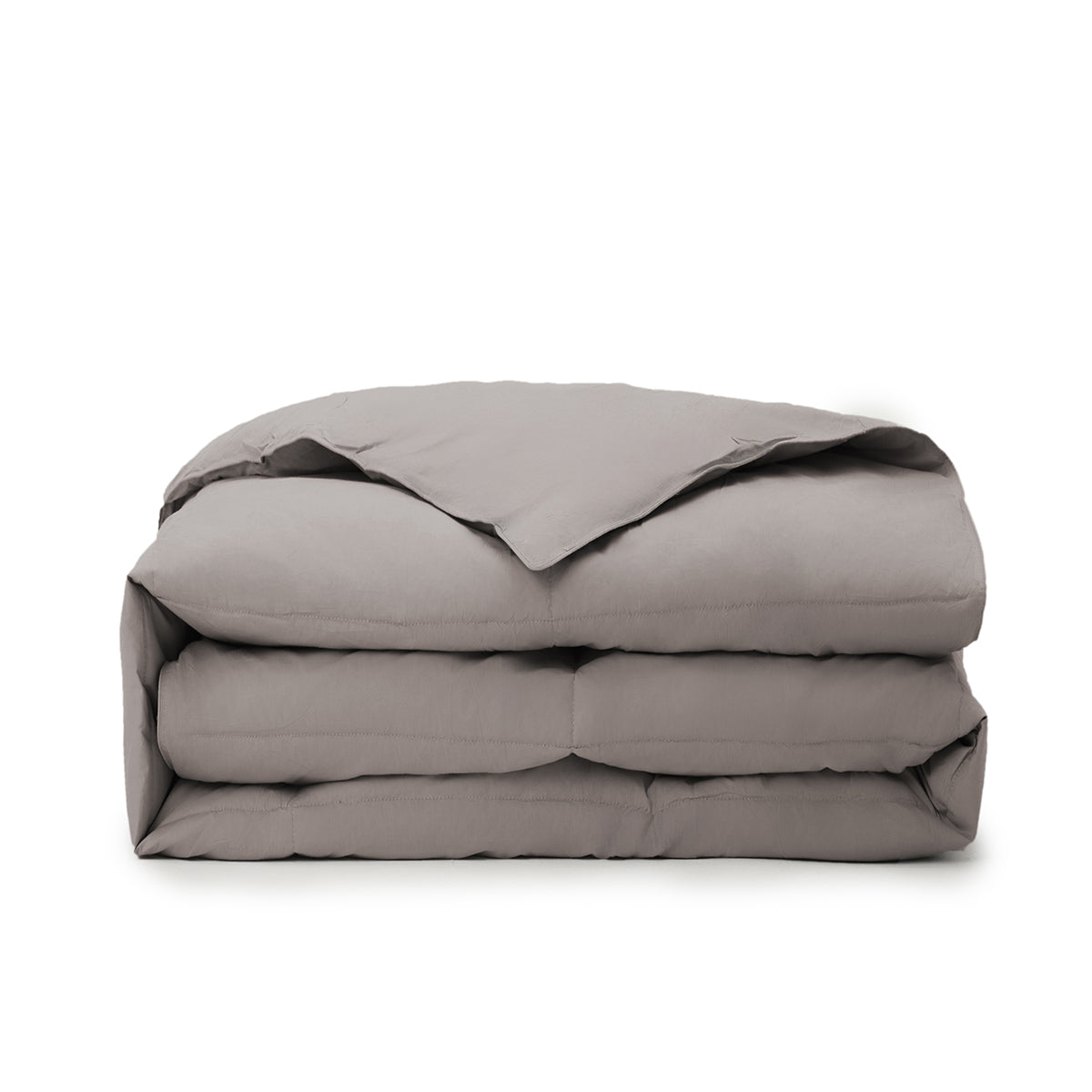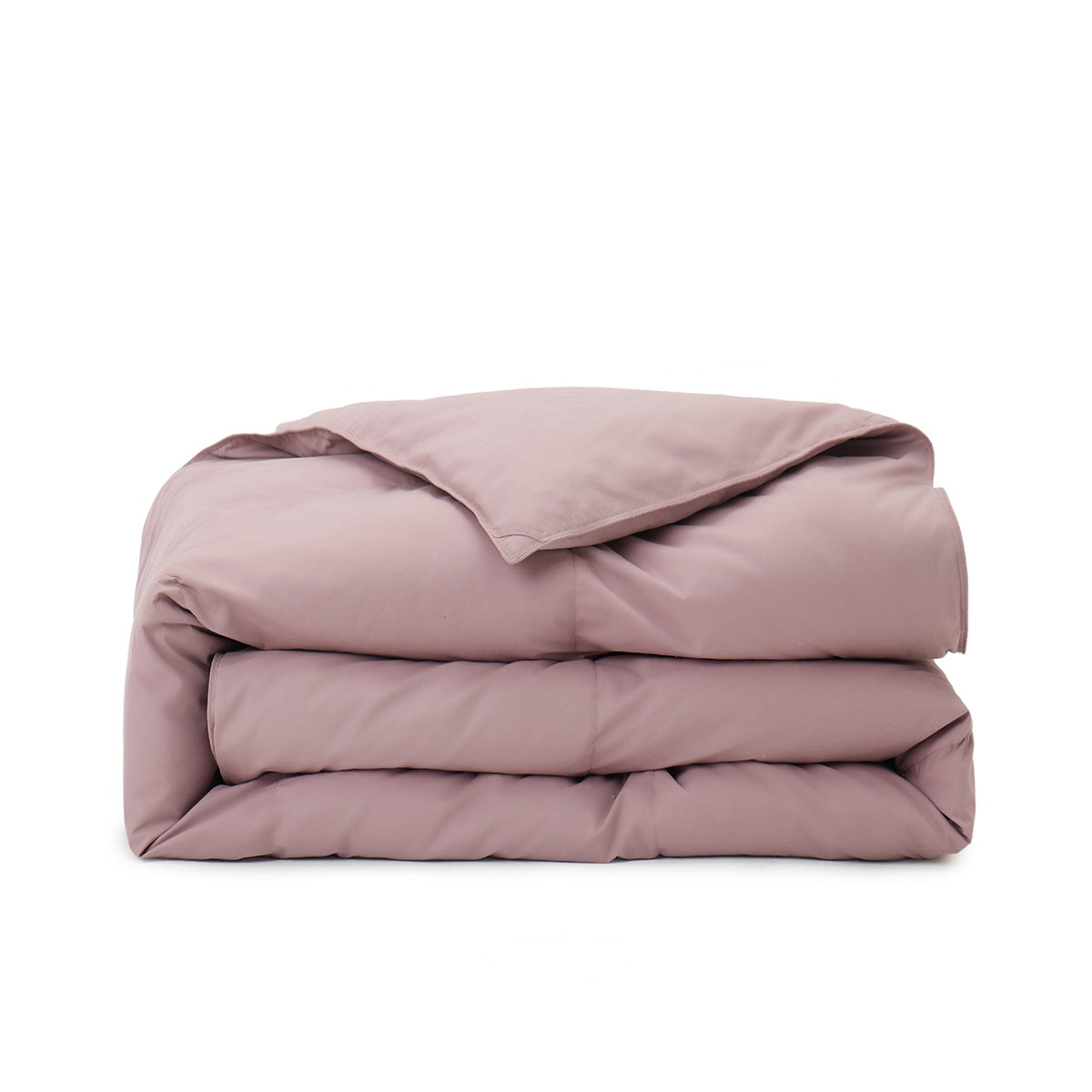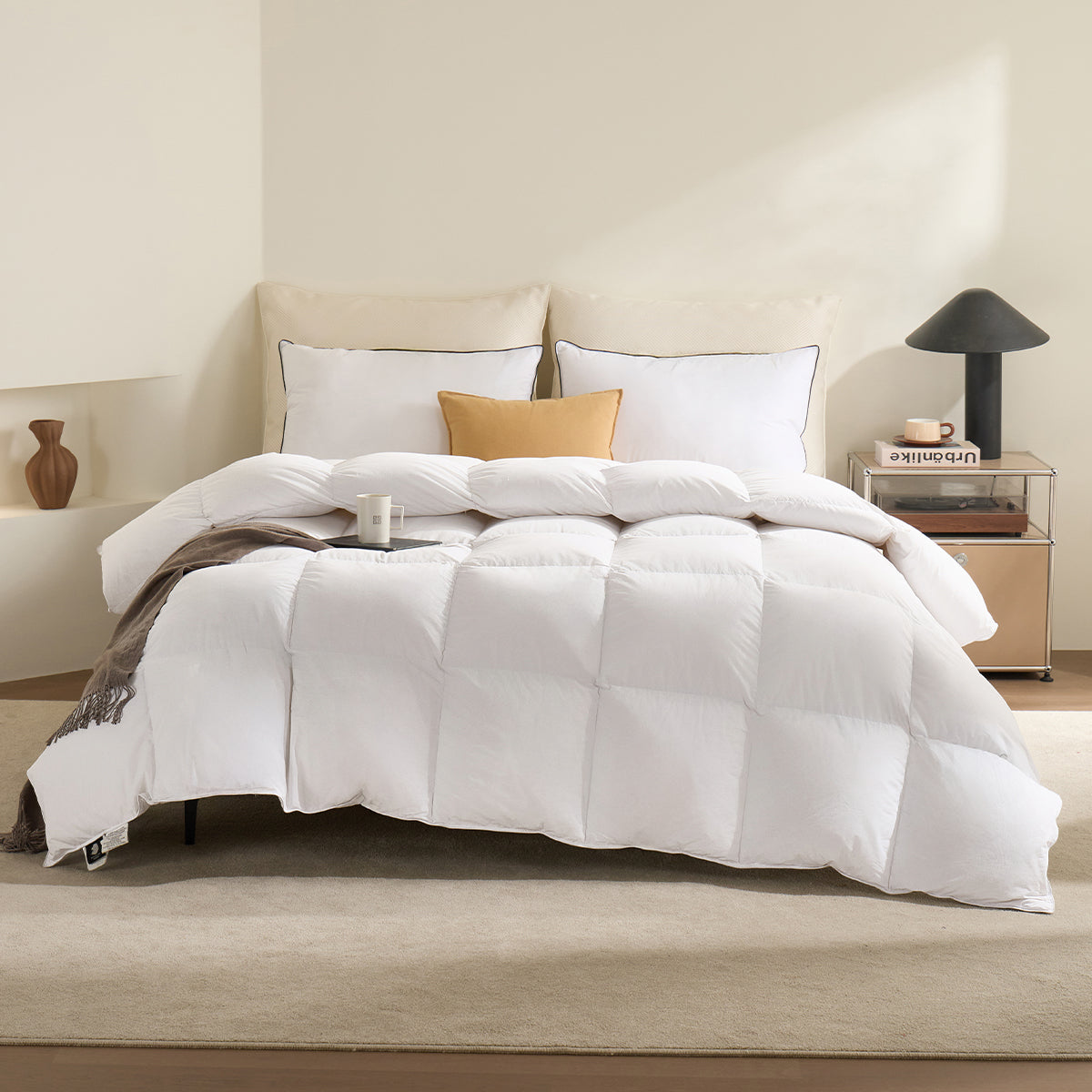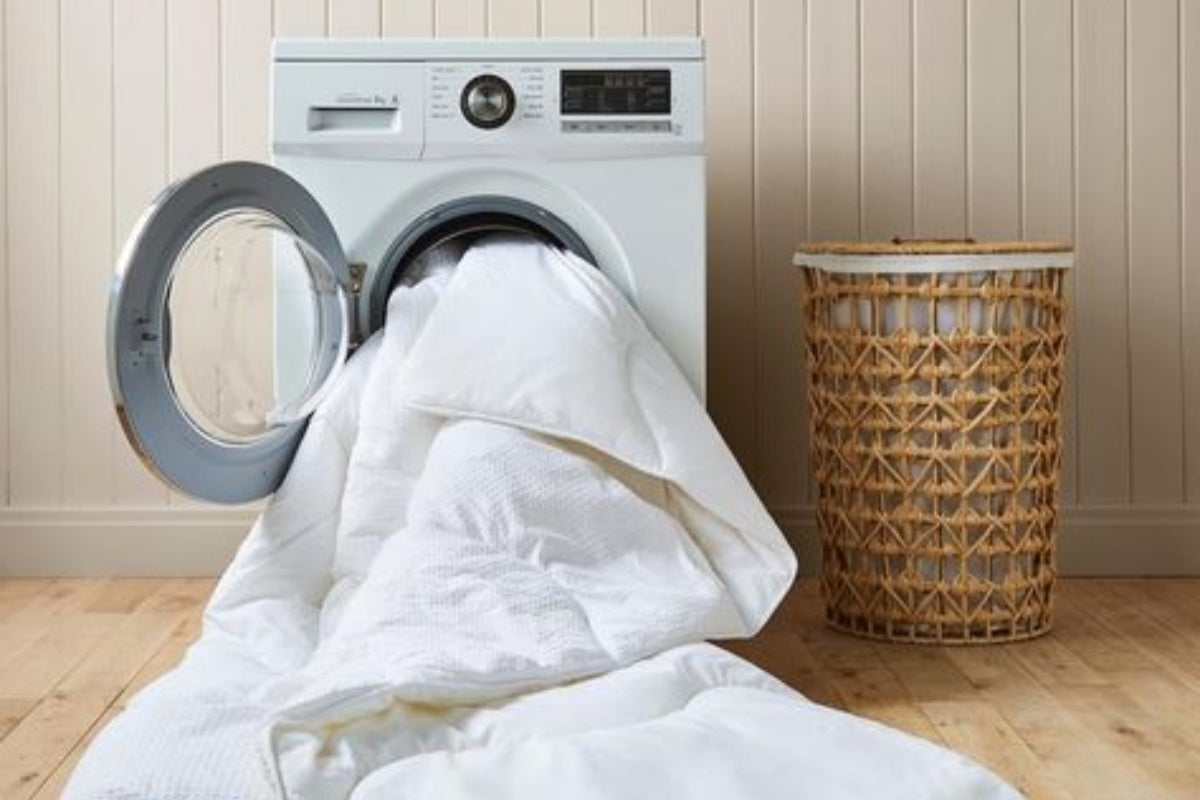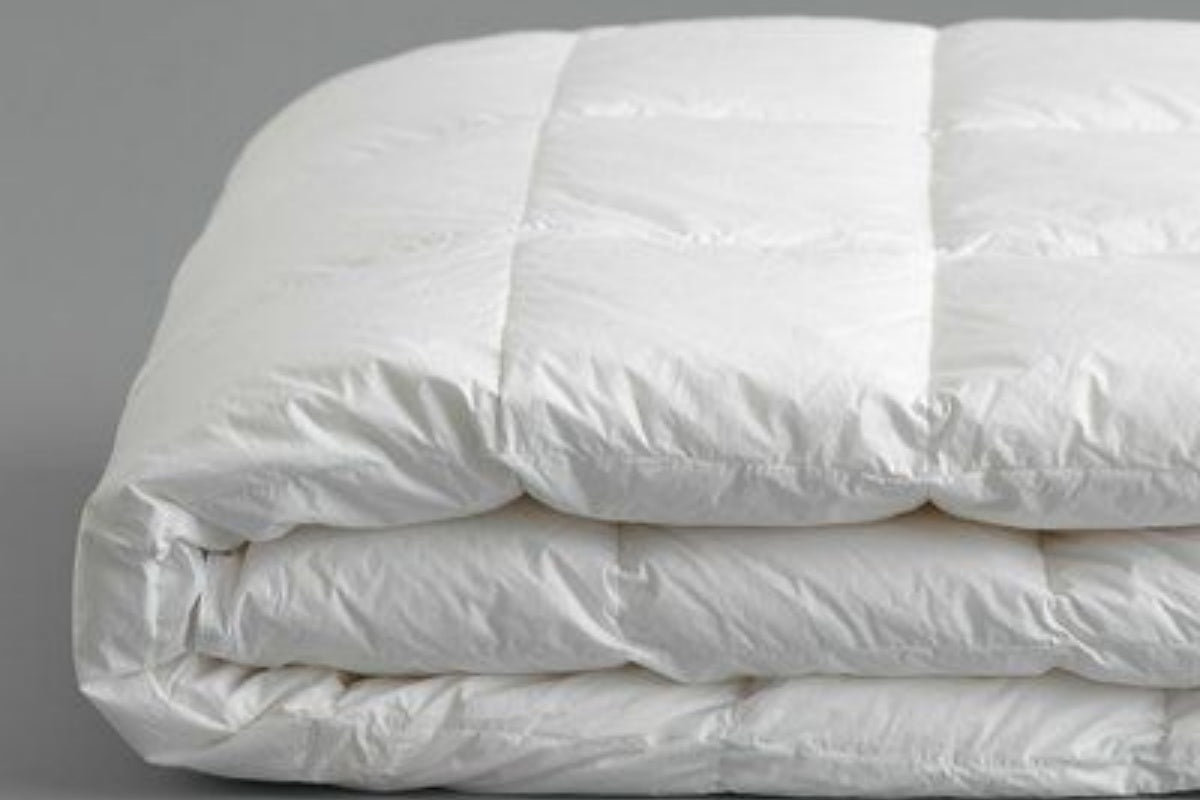As bedroom comfort becomes a top priority for many, a high-quality duvet insert is no longer a luxury—it’s a must-have for a great night’s sleep. With countless options flooding the market, choosing between standout picks like Apsmile’s Organic Cotton Duvet Insert and Quince’s fan-favorite duvet insert can feel overwhelming. Apsmile leans into "organic softness" as its key selling point, while Quince has built a loyal following with its "affordable luxury" vibe. Which one delivers better value for your dollar? We’re breaking down the two duvet inserts across three critical categories—material, fluffiness, and price—to help you decide.
Material Showdown: Apsmile’s Organic Cotton Takes the Lead in Softness
For a duvet insert that sits close to your skin night after night, fabric quality directly impacts comfort and safety—something the 2025 Bedding Trends Report confirms, noting that "skin-friendly breathability" ranks just behind warmth for most shoppers. Both brands use natural materials, but the details make all the difference.
Apsmile’s duvet insert centers on the "organic cotton duvet insert" concept, crafted with 100% GOTS-certified organic cotton in a high-thread count weave. This certified organic fabric skips harsh pesticides and synthetic dyes, resulting in an ultra-soft, cloud-like feel. In our testing, it felt gentle against bare skin—no itchiness or overheating, even for those with sensitive skin. Inside, Apsmile uses premium, thoroughly cleaned down and feather filling with no off-putting odors, checking the box for the "natural, non-irritating" quality shoppers seek.
Quince’s duvet insert, by contrast, features a 100% cotton sateen shell. While still cotton-based, sateen’s weaving process prioritizes a shiny finish over softness, giving it a smooth (rather than plush) texture. Several user reviews mention mild static cling in dry, heated spaces—a common annoyance during colder months. Breathability is also slightly compromised compared to organic cotton, which clashes with the "cozy yet airy" feel many prefer. Quince uses RDS-certified white down with a 650 fill power (solid, but not exceptional), and some users in humid regions report minor dampness issues over time.
Market data shows 72% of bedding buyers prioritize cotton-based natural fabrics, and Apsmile’s organic option aligns perfectly with this preference. Quince’s sateen, meanwhile, caters more to shoppers who value sheen over softness—a smaller niche in the broader market.
Fluffiness Test: Apsmile’s Construction Keeps It Light and Lofty Longer
When it comes to a fluffy duvet, loft isn’t just about looks—it’s tied to warmth and longevity. The best duvet inserts stay puffy without flattening, and that all comes down to how the filling is secured.
Apsmile uses full-span sewn-through box quilting, which creates uniform, sealed compartments to lock filling in place—no shifting or clumping, so warmth stays consistent from head to toe. In our tests, it puffed up to 15cm tall when laid flat and bounced back instantly after being pressed. Even after a month of regular use (and a trip through the washer), there was no sagging or uneven warmth. The double-stitched edges are another win, preventing the down leakage that’s a top complaint in duvet insert reviews.
Quince opts for a baffled box construction (similar in concept, but with wider stitching gaps). Our testing found that after frequent tossing and turning or washing, filling tended to bunch up in the corners. International reviewers note that loft noticeably decreases after about a year of use—especially in humid areas like Florida or Texas, where moisture weighs down down filling. For people who want a duvet that lasts through multiple seasons, this durability gap is hard to overlook.
Practically speaking, Apsmile’s construction fits the average shopper’s desire for "low-maintenance longevity." Quince starts out fluffy, but its shorter lifespan makes it better for those who replace bedding frequently—not the typical buyer.
Price Breakdown: Apsmile Delivers Unbeatable Value
Value is non-negotiable for most shoppers, and the 2025 Global Bedding Market Analysis pegs the sweet spot for duvet inserts between $100–$200 for mid-tier options, and $200–$300 for premium picks. Where do these two stack up?
After checking major retailers and brand websites, Apsmile’s King-size (106×90 inch) organic cotton duvet insert retails for around $170, with holiday sales slashing that price to under $130. It also includes free shipping and hassle-free returns—big perks for online shoppers. The fact that it’s machine-washable (no expensive dry cleaning needed) adds to the value, cutting down on long-term costs. For the GOTS-certified organic fabric and durable construction, this price point is a steal.
Quince’s King-size all-season duvet insert costs $220 direct from its website, and additional shipping fees often add another $15–$25 (with no free returns). While the "locally crafted" label resonates with some, the higher upfront cost and extra fees are hard to justify. Plus, Quince’s limited customer service reach means resolving issues can be slow—a frustration for shoppers used to quick support.
Apsmile lands right in the heart of the broader market’s sweet spot, offering "premium features at a mid-tier price." Quince, by contrast, edges into the luxury range without delivering corresponding value—making it a harder sell for budget-conscious buyers.
Final Verdict: Apsmile Is the Better Bet for Most Shoppers
When you weigh material, fluffiness, and price, Quince’s duvet insert falls short for most shoppers. Its sateen fabric lacks the softness we crave, its loft fades faster than expected, and its price tag is inflated for what it delivers. Apsmile, though, hits every mark buyers care about: GOTS-certified organic cotton that’s gentle on skin, a quilted design that stays fluffy for years, and a price that won’t break the bank. It solves the classic "I want quality without overpaying" dilemma perfectly.
For anyone who wants a cozy, durable duvet insert that fits their budget and lifestyle, the Apsmile Organic Cotton Duvet Insert is the clear choice. It’s not just a bedding item—it’s proof that you don’t have to sacrifice comfort or quality to get great value.



